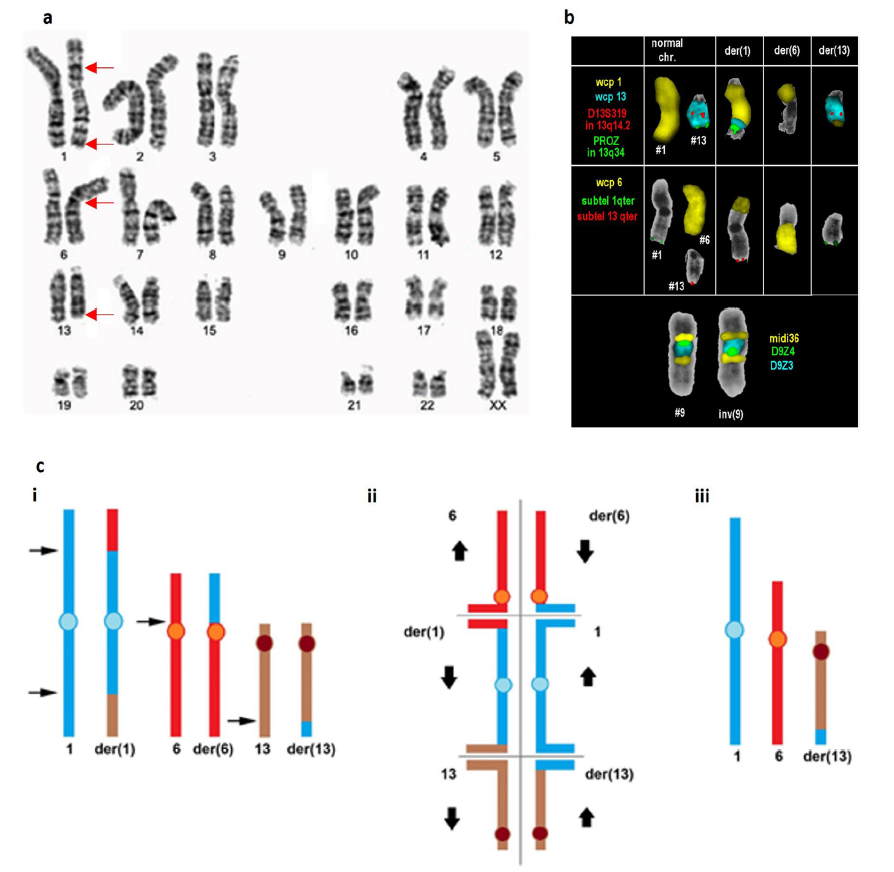FRIGE scientists analyse burden of complex chromosomal rearrangements in India
Systematic analysis of data of over 4200 couples with clinical history of repeated foetal loss from tertiary centre during 30 year period shows role of complex chromosomal rearrangements.

The study published in theJournal of Assisted Reproduction and Genetics provides India’s first systematic assessment of the role of complex chromosomal rearrangements in couples with repeated foetal loss.
Couples who have had spontaneous miscarriage in two or more consecutive pregnancies are defined as repeated foetal loss. It is a medical issue faced by 1-2% of women of reproductive age.
The study involved assessment of data from over 4200 couples which were referred for a genetic test during a 3 decade period (1994-2024).
The study led by Dr. Frenny Sheth, Dr. Jayesh Sheth and Dr. Harsh Sheth, detected complex chromosomal rearrangements in 7 couples (0.16% of the entire cohort).
The study involved assessment of data from over 3000 patients which were referred for a genetic test during a 22 year period from 2000 to 2022. Each complex rearrangements involved three or more chromosomes.
We showed how these complex rearrangements emerged and the impact they made on reproductive health.

Image showing complex chromosomal rearrangements in a case and pachytene configuration.
The study also showed the need for chromosomal karyotyping as a first line test in couples with history of repeated foetal loss, due to its inherent strength of detecting these complex genomic rearrangements.
The study also showed strategy for using combinatorial cytogenetic technologies such as whole chromosome paint (wcpFISH), array CGH and even next generation sequencing in detecting these events.
Is this important for India?
In view of the physical and psychological challenges faced by couples with repeated foetal loss, it is necessary to understand the genetic factors that lead to these medical outcomes. This first systematic study would help the government and medical fraternity develop affordable strategies for genetic diagnosis of repeated foetal loss.
Understanding the genetic reason behind these medical conditions would help in providing genetic counselling and targeted reproductive treatments, such as IVF.
Who can you contact about rare diseases?
If you have been diagnosed with repeated foetal loss, you can contact us to know more.